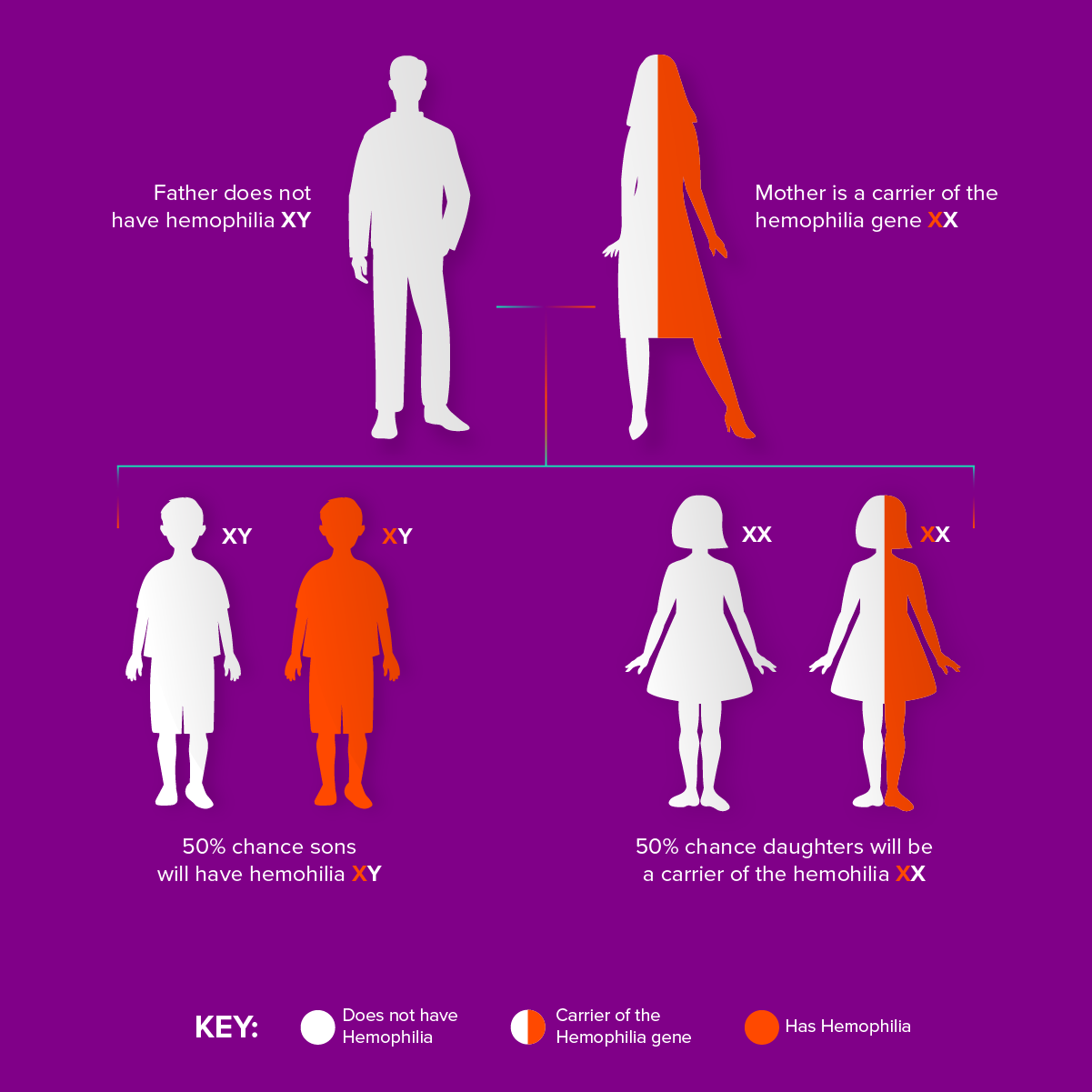Awareness of hemophilia, a rare bleeding disorder, is more crucial than ever.
Every April 17th, World Hemophilia day is observed and used to raise awareness about inherited bleeding disorders. This month, Abarca goes #AlIin to bring you all the knowledge and support you need about this condition which affects so many people.
Hemophilia is a rare bleeding disorder that occurs when blood doesn’t clot properly. Issues with clotting lead to more severe problems with bleeding after surgery or even a cut. People can also have sudden internal bleeding in their organs, joints, and muscles.
According to the CDC, “Hemophilia A affects 1 in 5,000 male births. About 400 babies are born with hemophilia A each year. For the one-third of babies born with hemophilia in families with no known history of hemophilia, the diagnosis is made when an unusual bleeding event occurs.”
This 2023, the theme of World Hemophilia day is “Access for All: Prevention of bleeds as the global standard of care.” Organizations such as the World Federation of Hemophilia encourage the community to advocate for local policies to protect, prevent, better treatments, and help people with bleeding disorders. Better quality of life begins with raising awareness.
What is Hemophilia?
Hemophilia is a condition that can be inherited. The condition causes bleeding long after an event that might draw blood, such as surgery, injury, or swelling, and can also happen without an injury. About 1 in 10,000 assigned males at birth are affected. Women can also act as carriers. However, most cases can involve middle-aged, older adults, and people who have given birth or are pregnant.
Hemophilia is just one of the bleeding disorders where the body cannot control blood clotting effectively. This occurs when a specific factor, such as VIII or IX, might have lower levels than usual.
There are a few different types of Hemophilia, such as:
- Hemophilia A– Lack of factor VIII clotting and aka classic hemophilia.
- Hemophilia B– Lack of factor IX, aka the Christmas disease.
Causes
Inherited hemophilia is caused by a gene change with a protein factor that tells blood how to clot. Below is a perfect example of how someone with a genetically mutated chromosome and factors could affect someone. Uninherited hemophilia can also occur with no family history of it. There could be women who could carry it and not pass it.

Symptoms
The symptoms of hemophilia can be numerous but usually include the inability to stop bleeding. Some of the signs and symptoms to look out for are:
- Swelling of joints, which can often mean bleeding
- Bruising
- Hematoma
- Mouth and gums bleeding
- Vaccination/shot bleeding
- Blood in urine and/or stool
- Sudden and frequent nose bleeds that are hard to stop
Treatments
The best way to treat it is by replacing the missing clotting factor so that the blood can clot properly. This is done by infusing factor concentrates that are made in a lab. Patients are usually followed by a specialist physician who understands hemophilia, including the treatment and preventive measures specific to an individual’s unique case. Medical care from doctors and nurses who know much about this disorder can help prevent serious problems. Learn more about the treatment here.
Join Abarca in bringing awareness and resources to those affected by hemophilia. Good quality of life and medical care is attainable. Find the treatment center that works for you! For support and information, please visit The HFA and the WFH.